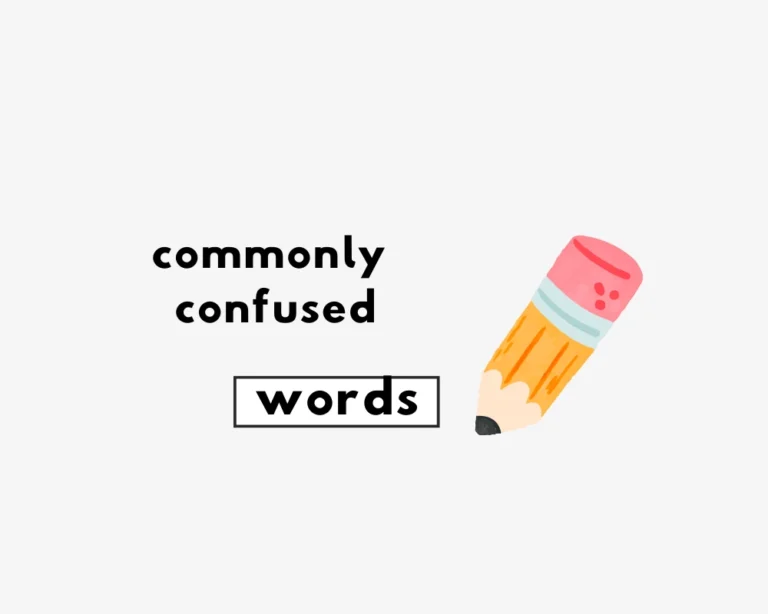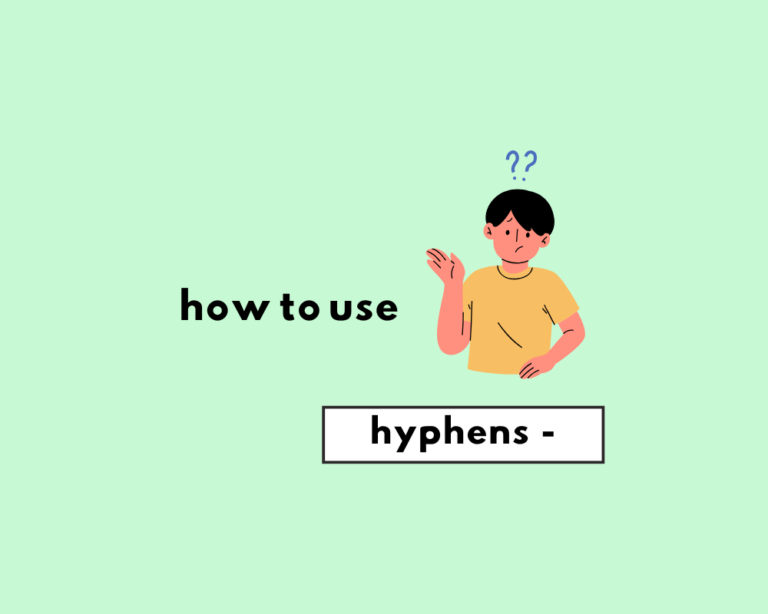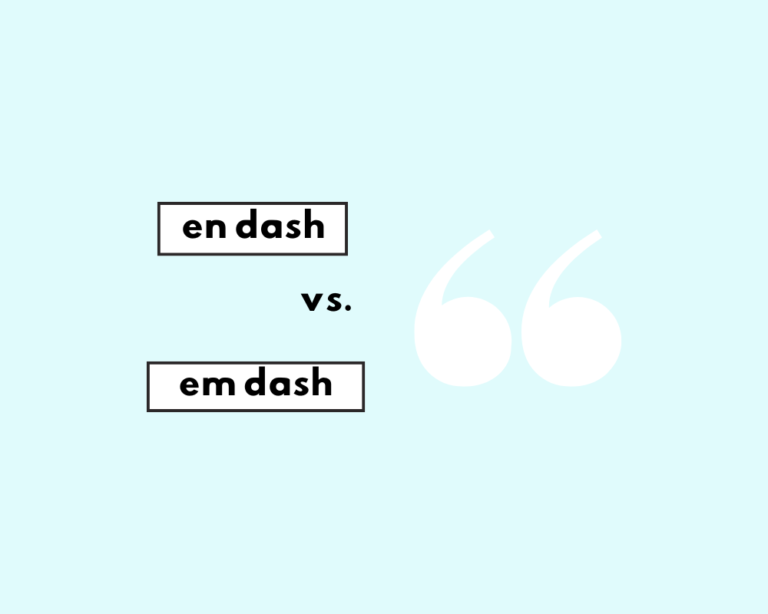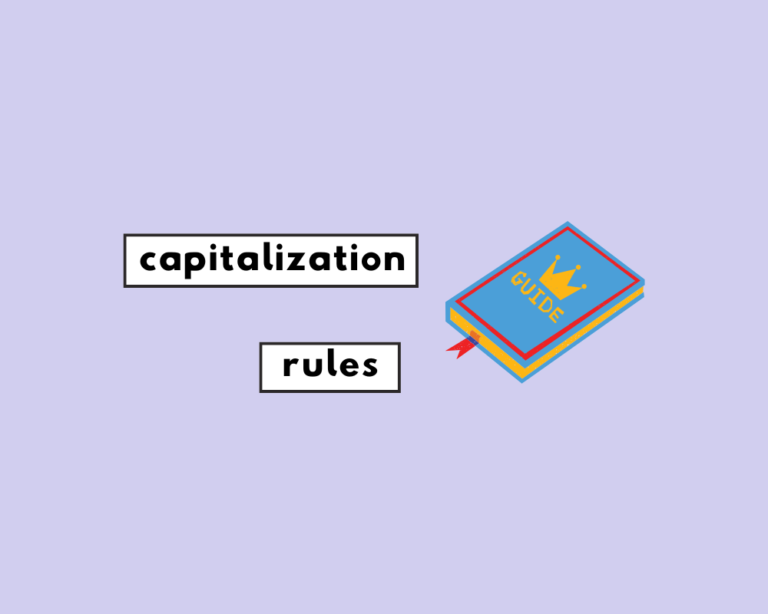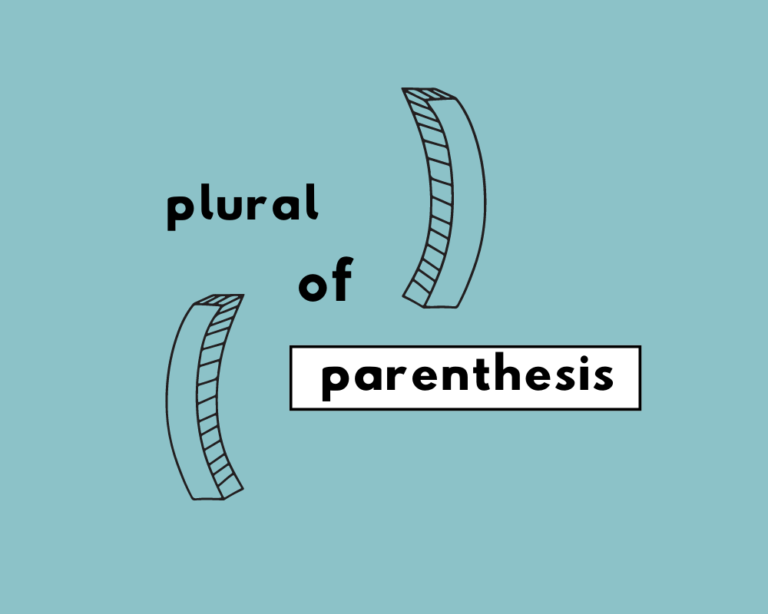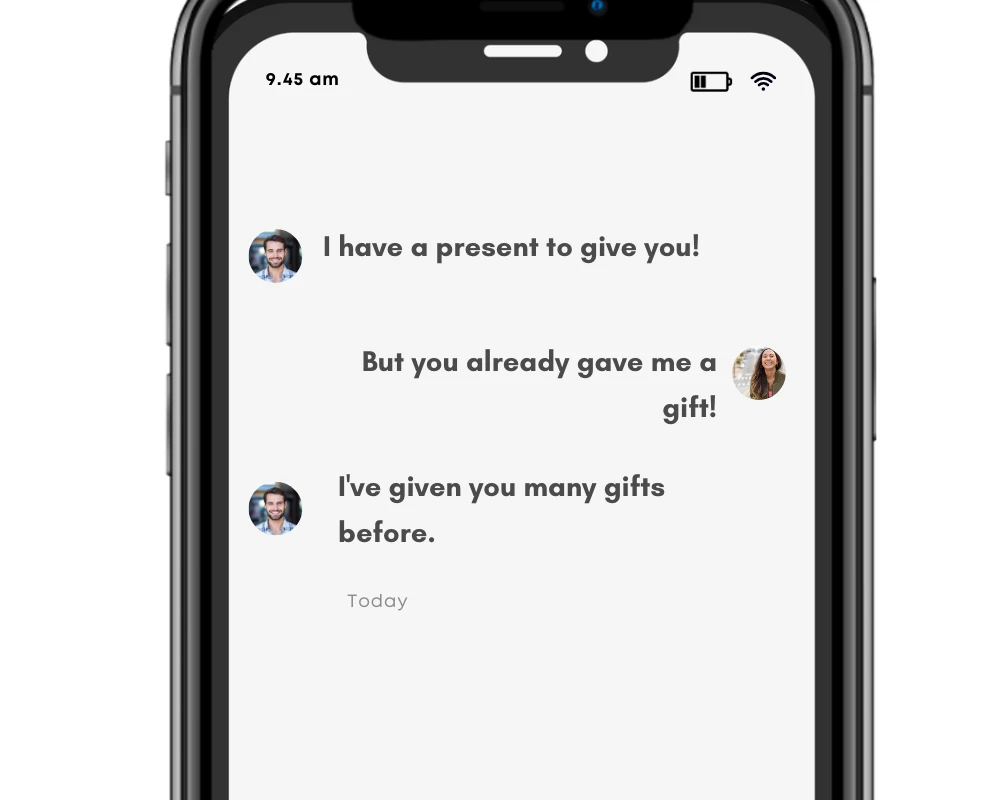
What’s the past tense of “give”?
In conversation, when we use the verb “give“, this usually means to transfer or hand over something to someone, often voluntarily or as a gift.
“Give” [transitive verb] can also mean to provide or present something to someone, such as information, advice, or assistance. The action of giving typically involves an exchange between two parties, where one person relinquishes ownership of something to another.
- Give is the base verb and present simple tense.
- Gave is the simple past tense.
- Given is the past participle verb form (used to form perfect/continuous tense constructions).
Forms of the verb give
| present | past | future | |
| simple | I give | I gave | I will give |
| continuous | I am giving | I was giving | I will be giving |
| perfect | I have given | I had given | I will have given |
| perfect continuous | I have been giving | I had been giving | I will have been giving |
When to use “gave” or “given”
| simple past | The teacher gave the students a quiz on Friday. |
| present perfect | The patient was given a dose of medication to relieve the pain. |
“Gave” is the past tense of “give,” and describes a past action. “Given” is the past participle and pairs with auxiliaries to form perfect tenses or aspects in grammar. Refer to the chart under the section “forms of the verb give” to see each tense.
Similar irregular verbs
Each of these verbs in the chart below follow the same conjugation pattern as give/gave/given:
| base verb | past tense | past participle |
| give | gave | given |
| fly | flew | flown |
| blow | blew | blown |
| draw | drew | drawn |
| eat | ate | eaten |
| drink | drank | drunk |
Examples of “give” (present tense) in sentences
I give my cat a can of tuna every morning.
She gives her children a kiss goodbye before they go to school.
He gives his coworkers a friendly smile when he arrives at the office.
They give generously to their favorite charity every year.
The teacher gives her students a lot of homework on Fridays.
Examples of “gave” (past tense)
She gave me a book for my birthday.
He gave a presentation at the conference yesterday.
They gave us a ride to the airport this morning.
The teacher gave the students a quiz on Friday.
I gave my old clothes to charity last week.
Examples of “given” (past participle)
The athlete was given a medal for his outstanding performance in the race.
The students were given a chance to ask questions after the lecture.
The project was completed on time, given the limited resources available.
The company was given a warning for violating environmental regulations.
Synonyms of give
- offer
- bestow
- proffer
- grant
- award
Idioms with ‘give’
| Phrase | Meaning |
|---|---|
| give it a shot | To try something new or that you haven’t done before. Example: I’m not sure if I can fix the car, but I’ll give it a shot. |
| give someone a hand | To help someone. Example: Can you give me a hand with these boxes? |
| give something your all | To put in your maximum effort into something or someone. Example: I’m going to give this marathon my all and try to finish it. |
| give someone the benefit of the bargain | To agree to a mutually beneficial arrangement or agreement. Example: The company gave the employees the benefit of the bargain by increasing their salaries. |
| give someone the runaround | To avoid giving a direct answer or to waste someone’s time. Example: The customer service representative gave me the runaround and didn’t solve my problem. |
| to give someone a piece of your mind | To express your anger or frustration to someone. Example: If he doesn’t apologize, I’m going to give him a piece of my mind. |
| to give someone the cold shoulder | To ignore or be unfriendly towards someone Example: I don’t know why she’s giving me the cold shoulder today. |
| to give someone a break | To give someone a chance to rest or to be more lenient towards someone. Example: I’ve been working all day. Can you give me a break? |
| to give someone the benefit of the doubt | To believe someone without evidence to the contrary. Example: I don’t know if he’s telling the truth, but I’ll give him the benefit of the doubt. |
Origin of the word/verb give
From etymology online on give (v.):
Old English giefan (West Saxon) “to give, bestow, deliver to another; allot, grant; commit, devote, entrust,” from Proto-Germanic *geban from PIE root *ghabh- “to give or receive.” It became yiven in Middle English, but changed to guttural “g” by influence of Old Norse gefa “to give,” Old Danish givæ.
Worksheet on the tenses of ‘give’
Here’s a quick quiz to test your knowledge of the tenses of the verb “give.”
1. Present Simple Tense: She _______ gifts on birthdays.
a) gives
b) gave
c) is giving
2. Present Continuous Tense: Right now, they _______ money to charity.
a) gives
b) gave
c) are giving
3. Past Simple Tense: Last week, he _______ a book to his friend.
a) gives
b) gave
c) is giving
4. Past Continuous Tense: At 3 PM yesterday, she _______ presents to the children.
a) gives
b) was giving
c) gave
5. Present Perfect Tense: They _______ a lot to the community.
a) has given
b) gave
c) have given
6. Future Simple Tense: Tomorrow, she _______ her old clothes to a charity shop.
a) gives
b) gave
c) will give
7. Future Continuous Tense: By this time tomorrow, they _______ to a charitable organization.
a) gives
b) will give
c) will be giving
8. Present Perfect Continuous Tense: She _______ her time to volunteering.
a) gives
b) has been giving
c) gave
Answers
- a) gives
- c) are giving
- b) gave
- b) was giving
- c) have given
- c) will give
- c) will be giving
- b) has been giving
Other commonly confused verb tenses
- What’s the past tense of spread?
- What’s the past tense of lead?
- What’s the past tense of choose?
- What’s the past tense of fly?
- What’s the past tense of lay?
- What’s the past tense of drive?
- What’s the past tense of draw?
Learn more about verbs
Sources
- Harper, Douglas. “Etymology of give.” Online Etymology Dictionary, https://www.etymonline.com/word/give. Accessed 8 March, 2023.
- Definition of give from the Collins English Dictionary


